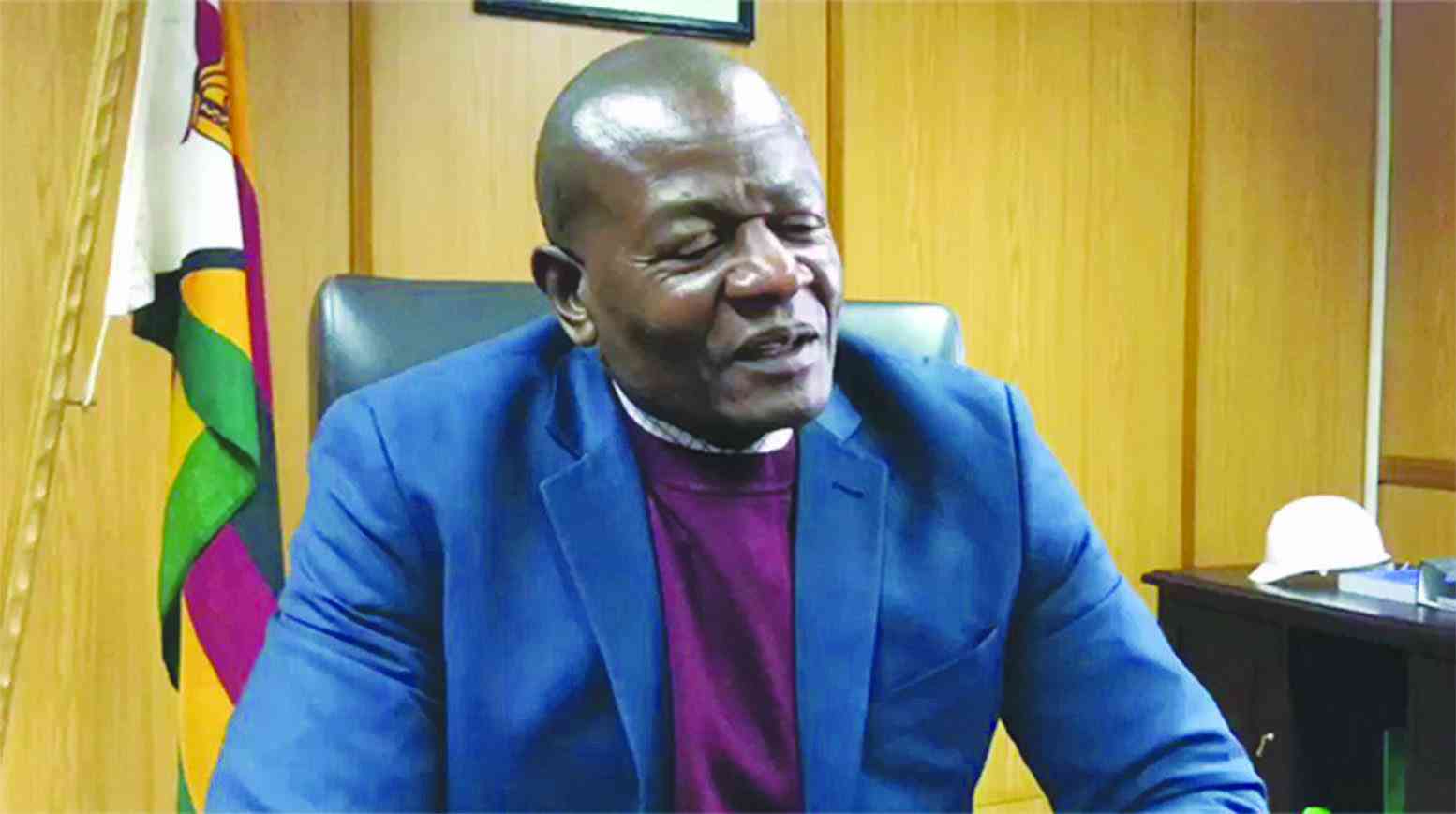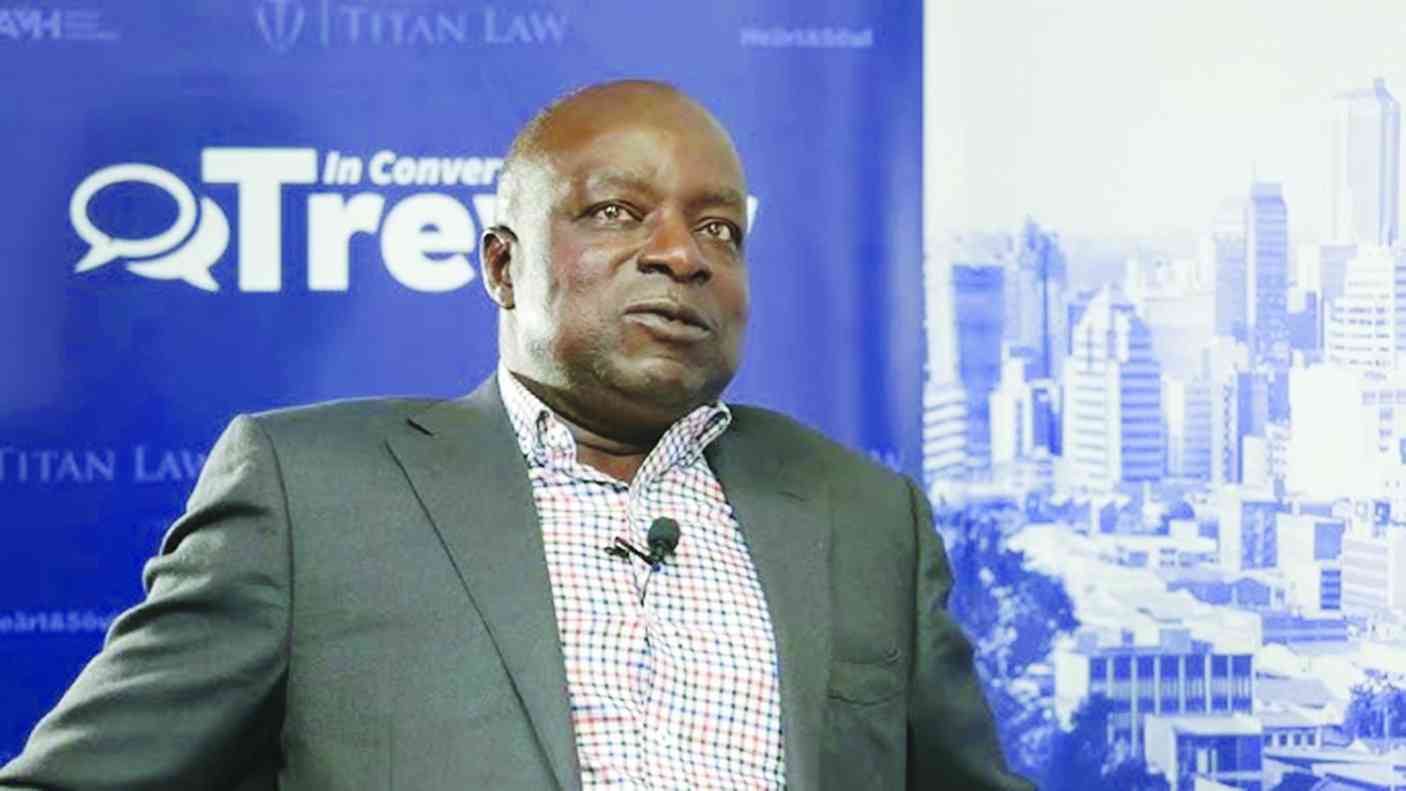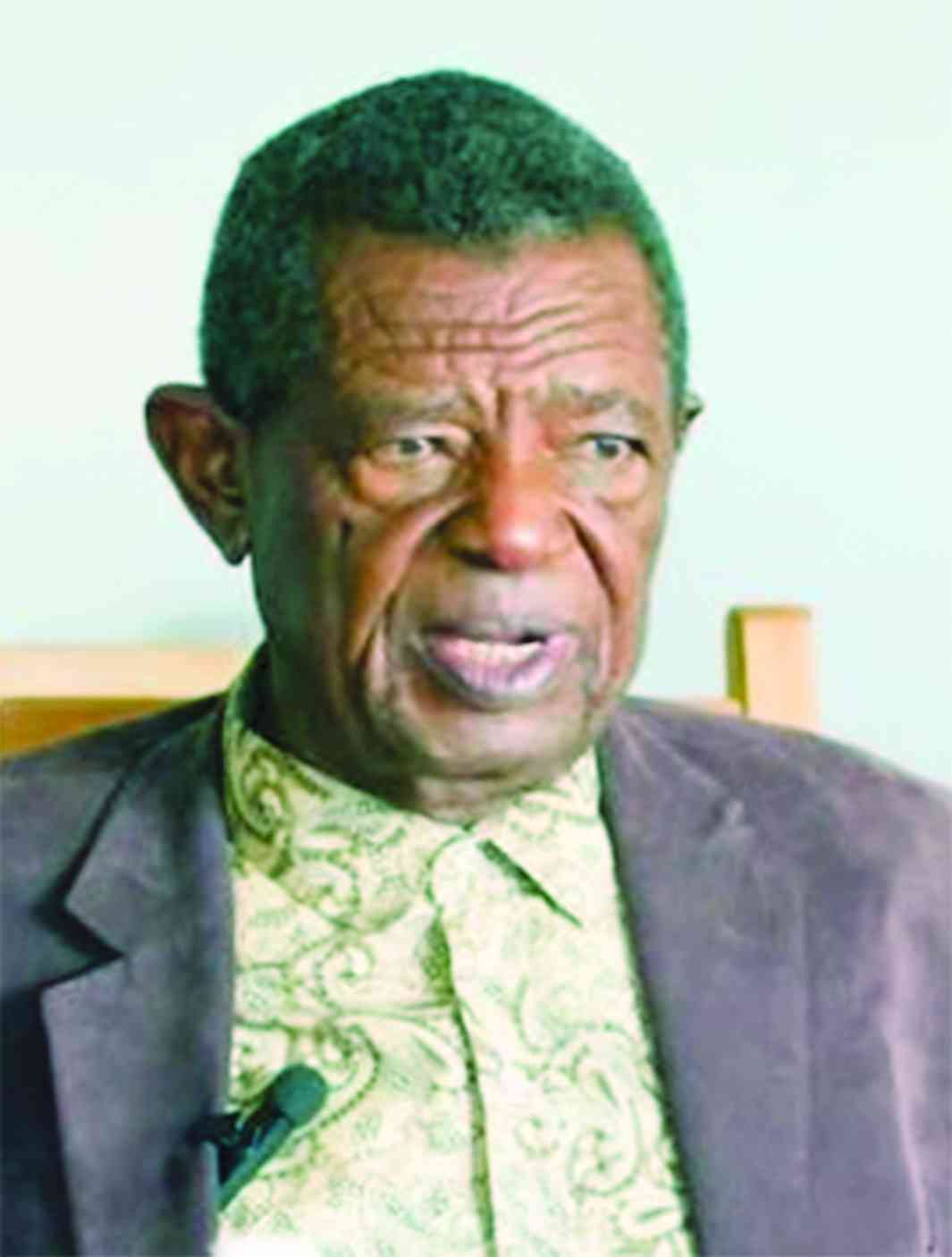Consultant and researcher Rebecca Nhunhama says there is a great need to develop a mindset shift including advocating for spirituality and integrity in workplaces if Africa is to end the corruption scourge.
In her new book titled The Anti-Corruption Mindset–Mindset Development for the 21st Century, Nhunhama places integrity and spirituality at the cornerstone of developing an anti-corruption mindset.
Nhunhama is no stranger to the literary world having penned Spirituality in the Workplace – a title focusing on the long-held misconceptions (that spirituality is irrelevant in the workplace) and bringing awareness of spirituality in the workplace to the entrepreneurs, chief executives, managers, leaders, and employees in various industries.
Born in Zimbabwe, she is an MBA graduate with close to four decades of experience in records management, financial management, and training consultancy in both private and public sectors in Zimbabwe.
Quoting Rwandan President Paul Kagame, Nhunhama concurs that we should rather argue that we need to mobilise the right mindsets, rather than more funding, after all in Africa we have everything, we need in real terms. (pp;24).
Nhunhama says her book is an effort to demonstrate the creation of constructive, positive, optimistic, progressive and productive mindsets with the specific focus being on building an anti-corruption mindset and that the tools she uses are capable of producing creative and dynamic mindsets.
Keep Reading
- Kagame accuses DR Congo leader of dishonouring deals
- Rwanda's ruling party elects woman to deputise Kagame
- ED’s UK visit fails to thaw relations
- Feature: Mnangagwa blows chance to fight international isolation
“When I started work in the early 1980s, work ethics and systems were tight and did not easily allow for the occurrence of corruption as is now the case,” she said.
"Most people had the mind to honestly work for their livelihoods ."
In the book, she points out integrity as the most critical principle of corporate governance outside transparency, accountability, responsibility, and fairness.
“The Psalmist in Psalms 25:21 said let integrity and uprightness preserve me, for I wait for you and Proverbs 11:3 says: “The integrity of the unfaithful will destroy them. Integrity is thus a foundational moral virtue that is meant to preserve humanity," Nhunhama added.
In the book, she paid a special tribute to the Zimbabwe Anti-Corruption Commission (Zacc) and the Office of the President and Cabinet (OPC) for allowing her to share her insights on anti-corruption since the inception of the an Anti-Corruption ministry in 2004 and the subsequent setting up of the Zacc.
The book summarily emphasises the role of spirituality in building an anti-corruption mindset and posits several spiritual-oriented theories and models for mindset development.





